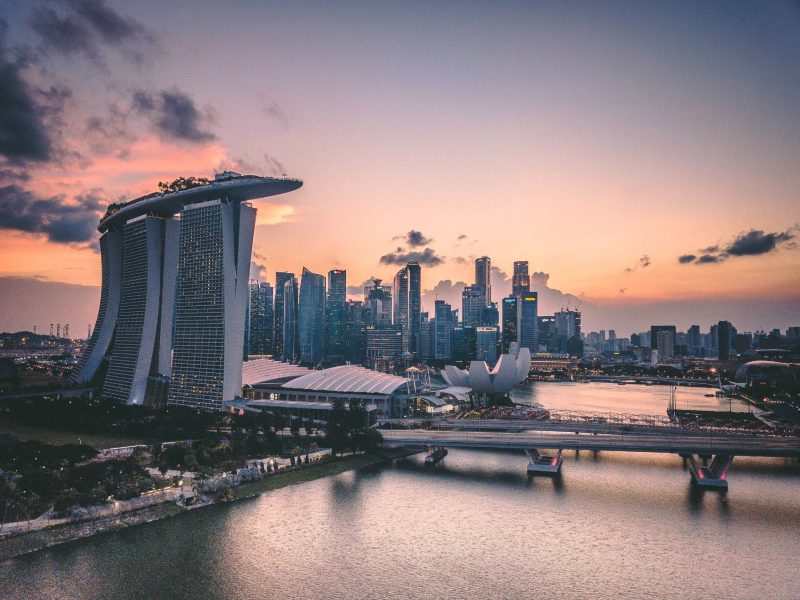Regulations have suddenly become an essential part of the crypto-verse. From being a decentralized industry, the crypto market is being forced to uphold centralization. Recently, regulators in Singapore decided to take a keener look into the industry after the failure of multiple projects. After suggesting that they would be brutal to bad crypto projects, the regulators are likely to further impose restrictions on the industry.
The crypto-verse consists of an array of people. While the industry primarily started out for the average Joe, institutional investors soon started flocking into the market. Now, considering the risks surrounding the industry, Tharman Shanmugaratnam, the senior minister and chairman of the Monetary Authority of Singapore [MAS] intends to limit retail involvement in the industry.
Replying to a “Parliamentary Question on restrictions on cryptocurrency trading platforms to protect members of the public” the Singapore regulator said,
“MAS has been carefully considering the introduction of additional consumer protection safeguards. These may include placing limits on retail participation, and rules on the use of leverage when transacting in cryptocurrencies.”
Throughout the document, the Singapore regulator was seen highlighting how crypto wasn’t suitable for retail use.
Furthermore, Singapore’s latest move is speculated to be influenced by the collapse of Terra, Celsius, and Vauld’s recent woes. Just yesterday, Vauld decided to put a hold on withdrawals, deposits, and trading. This Singapore-based platform’s move caused commotion among its users.
While the bear market has already brought about an immense loss to many, activities like this force regulators to dive in.
MAS’s stance on crypto to go international?
The Singapore financial watchdog has been extensively regulating the crypto market. The “painfully slow” licensing process of the regulator is likely to restrict crypto platforms from veering into the region. In addition to this, noting the volatile nature of crypto, Shanmugaratnam pointed out the latest events that caused a plummet in the market.
While it is normal for regulators to feel this way about crypto, MAS intends to take its stance to other governments as well. Pointing out the borderless nature of crypto, Shanmugaratnam further said,
“Given the borderless nature of cryptocurrency markets, however, there is a need for regulatory coordination and cooperation globally. These issues are being discussed at various international standard-setting bodies where MAS actively participates.”
The crypto-verse is not new to stringent regulations. However, it would be detrimental to the crypto-verse if Singapore goes on to influence other governments to limit retail usage.





